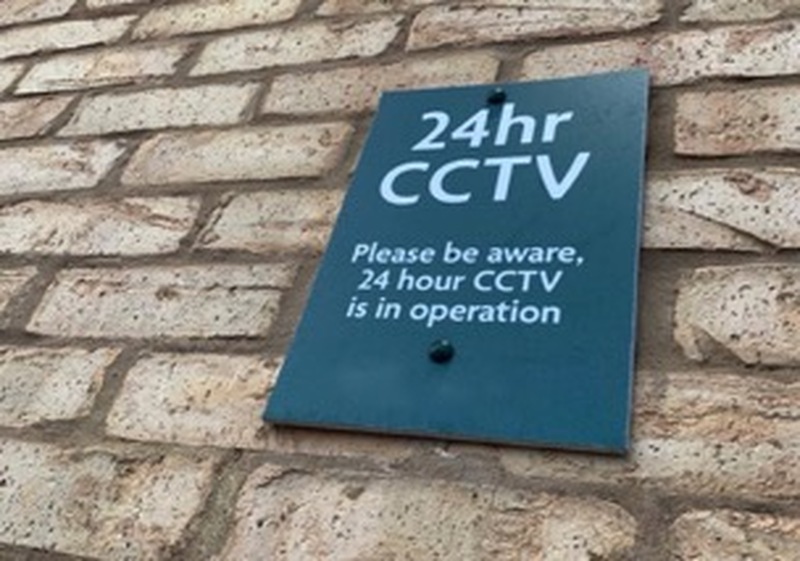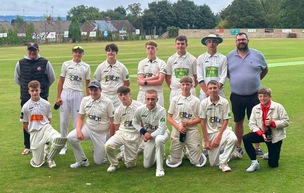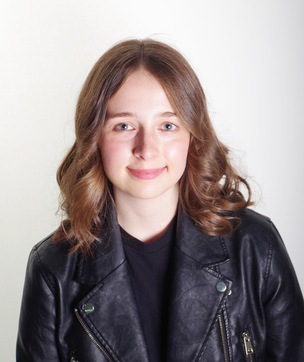FACIAL recognition CCTV which will enable the police to match images with existing photographs is set to be introduced in Barnsley this year - but bosses have attempted to ease concerns that the move isn’t taking it ‘a step too far’.
There are hundreds of cameras across the borough, a number of which are overt - meaning they are clearly seen and are often used as a deterrent for crime.
New technology will use facial recognition software, which will ensure that the force are able to match the facial images they capture day-to-day on cameras or mobile phones with data banks of existing photographs, in order to identify suspects.
Dr Alan Billings, the South Yorkshire Police and Crime Commissioner, said the move is positive for the borough - and it’s hoped the force will be able to use it to their advantage to catch more criminals.
He said: “We have become used to CCTV in public spaces, for instance.
“There are now something in the region of five million surveillance cameras across the country, mainly operated by local authorities.
“London alone has 942,000.
“Just before Christmas, I sat in a newly commissioned CCTV van in Wombwell Park where two council operatives were able to bring up, on half a dozen screens, live pictures from 165 cameras across Barnsley.
“But the technology that will come to the fore this year for policing will be facial recognition software (FR).
“This will enable the police to match the facial images they capture day-to-day on cameras or mobile phones with data banks of existing photographs, in order to identify suspects.
“There is a lively debate going on among ministers, the police and police and crime commissioners (PCCs) about what data bases should be available to the police.
“The criminal justice bill going through Parliament will allow the police to run searches on millions of driving licence holders.
“The policing minister has suggested going further and allowing access to passport data as well.
“Between them, this would capture photographic images of almost everyone in the country.”
Dr Billings admits there will be concern the move is putting the area at risk of moving into a ‘Big Brother state’ - but he believes the new technology will support officers across the borough.
“There will be those who say, if this helps the police to identify criminals and we have nothing to hide, then we have nothing to fear,” he added.
“This can only be a good thing.
“On the other hand, there will be those who will feel that this is a step too far, an invasion and erosion of privacy and a move towards the Big Brother state.
“If we look at figures supplied by the Met, between 2020 and 2023, 34 people were apprehended as a result of live FR.
“And in October 2023, 149 thieves were identified as a result of retrospective FR.
“Many of the bigger retail stores, such as the Co-op, are already using FR themselves to stop known thieves coming into their shops.
“There are clear benefits to policing from the use of FR.
“But, as with all technology, and especially as we begin to use it more widely and use more data bases, there are questions and risks.”




























